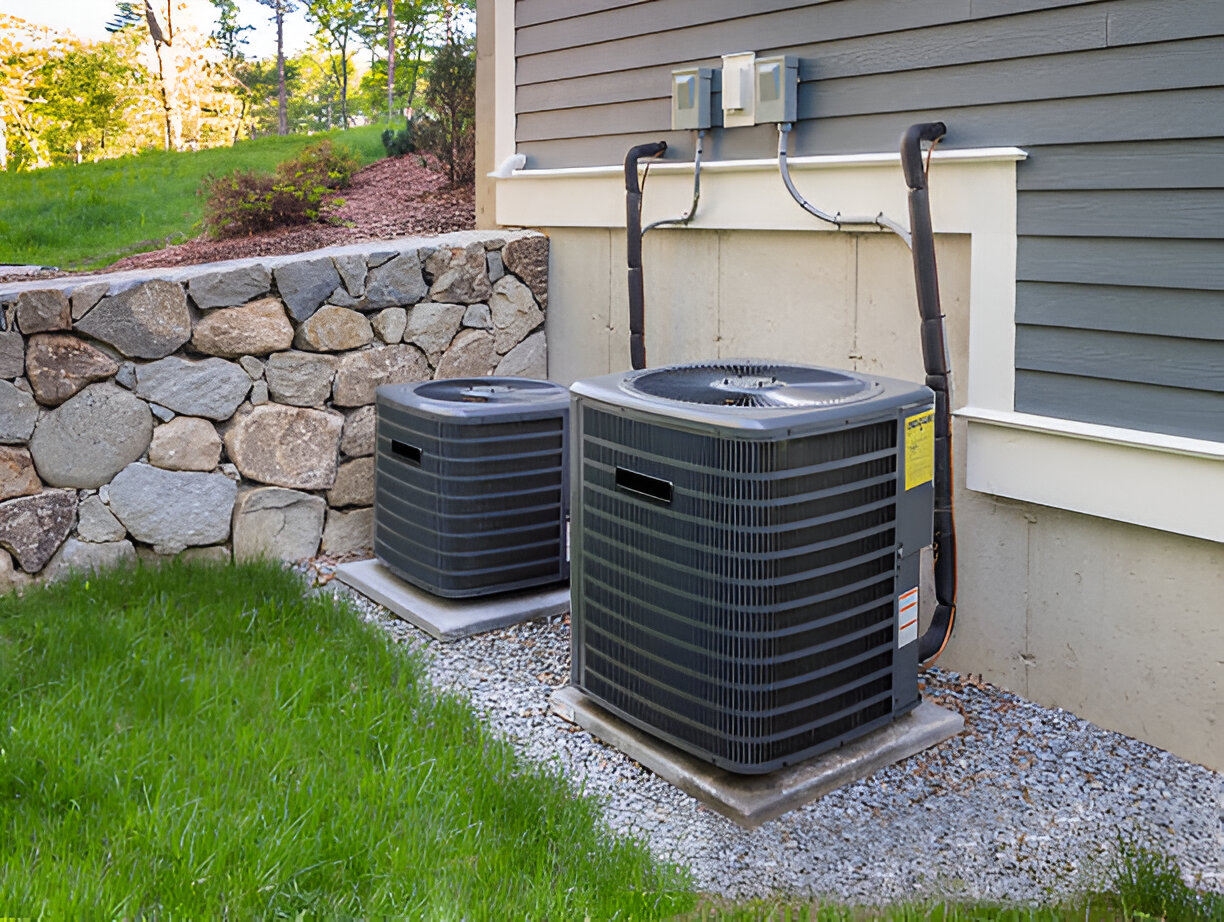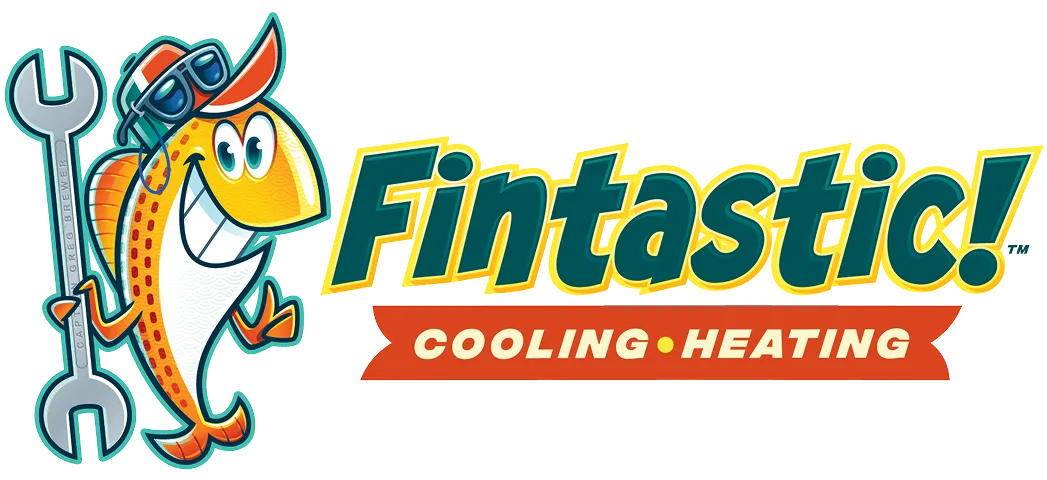Residential HVAC Services in Jersey Village, TX
Residential HVAC Services in Jersey Village, TX
Homes in Jersey Village face long, hot, humid summers and occasional severe weather that put heavy demand on HVAC systems. If your home struggles with high energy bills, uneven cooling, persistent humidity, or recurring breakdowns, targeted residential HVAC services can restore comfort, improve indoor air quality, and extend equipment life. This page describes the full range of residential HVAC services available for Jersey Village homeowners, common local problems, how diagnostics and repairs work, options for replacement and indoor air quality, financing considerations, what to expect during a visit, and answers to frequently asked questions.

Our Residential HVAC Services in Jersey Village, TX
We provide a comprehensive suite of services tailored for single-family homes, townhomes, and condos in the Jersey Village area:
- Routine maintenance and tune-ups (spring AC and fall heating inspections)
- Diagnostics and repairs for compressors, fans, controls, refrigerant leaks, thermostats, electrical components, and ductwork
- System replacement and new installations including air conditioners, heat pumps, furnaces, ductless mini-splits, and air handlers
- Indoor air quality solutions: whole-house filtration, UV air sanitizers, dehumidifiers, ventilators, and allergen control
- Energy-efficiency recommendations: properly sized systems, high-SEER units, programmable thermostats, and zoning options
- Ductwork services: sealing, repair, and modifications for better airflow and efficiency
- Emergency HVAC services for unexpected breakdowns during peak Houston heat
- Service agreements and maintenance plans to reduce repairs and keep warranties valid
- Financing and payment options to spread the cost of repairs or replacement
Common residential HVAC issues in Jersey Village
Local climate and housing stock create a set of recurring problems homeowners see most often:
- High cooling bills from aging equipment, improper sizing, or poor duct sealing
- Insufficient cooling or uneven temperatures due to duct leaks, blocked vents, or undersized systems
- Excess humidity and condensation that contribute to mold, musty odors, and discomfort
- Short-cycling and frequent starts caused by refrigerant issues, oversized units, or failing controls
- Noisy operation from loose components, failing motors, or damaged compressors
- Refrigerant leaks and frozen coils that reduce cooling capacity and damage compressors
- Poor indoor air quality from old filters, airborne allergens, and inadequate ventilation after severe storms
How we diagnose problems
A reliable diagnosis follows a methodical process so homeowners understand the issue and options:
- Visual inspection of indoor and outdoor units, ducts, and thermostat
- Verify thermostat settings and electrical supply
- Measure refrigerant pressures, temperatures, and airflow
- Check motor amps, capacitors, and electrical connections
- Inspect evaporator and condenser coils for dirt or damage
- Test for duct leakage and uneven distribution
- Provide a written report explaining findings, repair options, and cost estimates
Diagnostics are designed to be transparent: you receive plain-language explanations of causes, urgency, likely outcomes, and recommended next steps.
Repairs, replacements, and installations explained
- Repairs focus on restoring safe, efficient operation. Common fixes include refrigerant recharge and leak repair, fan motor replacement, capacitor replacement, control module repairs, and condensate drain cleaning.
- Replacement is recommended when units are near end of life (commonly 10 to 15 years), need frequent repairs, or cannot meet modern efficiency standards. Replacement restores efficiency, reliability, and comfort.
- Proper installation matters. Correct sizing (Manual J load calculation), matched components, proper refrigerant charge, duct inspection, and system calibration are essential to performance and warranty coverage.
- Warranty and documentation: any replacement includes manufacturer warranty information and service documentation so you understand coverage and maintenance requirements.
Indoor air quality solutions for Jersey Village homes
High humidity and summer allergens mean IAQ is often a priority:
- Whole-house filtration upgrades reduce dust, pollen, and pet dander; choose the right MERV level for your system
- Dehumidifiers reduce indoor relative humidity, limit mold growth, and improve comfort without lowering temperature
- UV air sanitizers and electronic air cleaners reduce microbial load on coils and in the air stream
- Ventilation and filtration combos provide fresh air while minimizing moisture and outdoor pollutants
Choosing the right IAQ strategy depends on your home layout, family health concerns, and budget.
Pricing and financing options
Residential HVAC costs vary with system type, capacity, complexity of ductwork, and permitting or electrical upgrades. Pricing is typically presented as a transparent estimate after inspection, showing labor, parts, and materials. For larger projects, homeowners commonly use financing or payment plans. Typical options in the market include low-interest or introductory no-interest periods, equal monthly payments, and deferred payment plans that make replacements more manageable without sacrificing quality.
What to expect during a service visit
- Arrival within scheduled window; technicians arrive in uniform and carry ID
- System assessment and diagnostic testing with homeowner present when possible
- Clear explanation of findings in plain language and written estimate for recommended work
- If repairs are approved, work is completed to industry standards with cleanup
- For replacements, technicians outline timeline, what will be removed, and post-install startup and testing
- Paperwork detailing services performed, parts used, and warranty information
Frequently asked questions for Jersey Village homeowners
Q: How often should I schedule maintenance?
A: At minimum, annual tune-ups are recommended: spring for cooling systems and fall for heating. High-use systems may need semiannual service.
Q: When should I replace rather than repair a system?
A: Consider replacement if the system is older than 12 to 15 years, needs repeated repairs, or cannot reach comfortable temperatures while driving up energy costs.
Q: Will a new system reduce my energy bills?
A: A properly sized, high-efficiency system can significantly lower cooling costs, especially in Jersey Village’s hot, humid summers.
Q: Do I need a permit for a new installation?
A: Many jurisdictions require permits for HVAC replacements or major ductwork changes. A qualified installer will advise and handle permit needs.
Q: What can I do right now to improve comfort?
A: Change filters regularly, seal and insulate ducts, use a programmable thermostat, add attic insulation, and schedule a system tune-up.
Q: How do I control humidity without overcooling?
A: A whole-house dehumidifier or a variable-speed heat pump with humidity control separates moisture removal from temperature control for better comfort and efficiency.
Maintaining a comfortable, efficient home in Jersey Village depends on timely maintenance, correct diagnostics, and system choices that match local climate demands. Regular tune-ups, attention to humidity control, and professional installations provide the best long-term performance and indoor comfort for area homeowners.
Customer Testimonials
Our customers praise our exceptional service and attention to detail, consistently exceeding expectations.































































